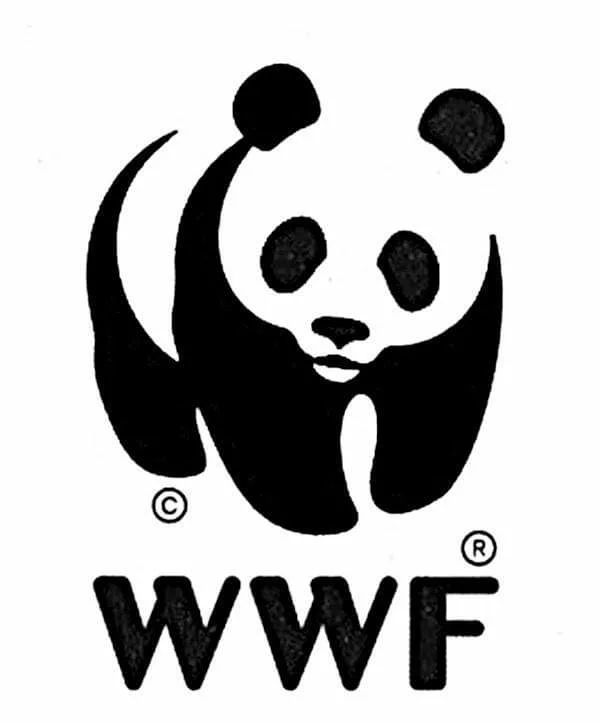|
Getting your Trinity Audio player ready...
|
Writes Hopewell Chibvongodze
The Climate Adaptation and Protected Areas (CAPA) initiative implemented by the World Wide Fund (WWF) Zimbabwe aims to promote natural solutions that strengthen climate resilience and protect biodiversity in Binga and Hwange districts, an official has said.
In an interview on Thursday, WWF Zimbabwe’s nature-based solutions project manager, Tendai Chinho, said the programs are taking place in Binga and Hwange areas intending to encourage and support the adaptation of nature-based solutions in solving societal and environmental issues.
“The motivation behind the CAPA initiative is to increase resilience to climate change for communities that are living in and around protected areas. Resilience to Climate Change through natural-based solutions (NbS) involves harnessing the power of nature to enhance adaptive capacity, protect ecosystems, and build sustainable communities that thrive in a changing climate,” she said.
“In a nutshell, it is encouraging and supporting the adoption of nature-based solutions as an approach to solving some of the societal and environmental issues faced by communities in Binga and Hwange districts such as climate change, biodiversity loss, and water scarcity.”
She said WWF Zimbabwe is working with conservation partners such as Communal Areas Management Programme for Indigenous Resources (CAMPFIRE), local communities, marginalized groups, women, national and local authorities such as Environmental Management Agency (EMA), ZimParks, Forestry Commission and the Department of Agricultural, and Technical and Extension Services (AGRITEX) to co-create and co-implement the most appropriate gender sensitive and conflict-free NbS approaches.
On the benefits, Chinho said NbS promotes biodiversity and ecosystem integrity, which in turn ensures ecosystem services and goods such as improved air and water quality.
She said wetlands provide natural water quality improvement, flood protection, opportunities for recreation and aesthetic appreciation and natural products, and improved livelihoods through income-generating projects such as beekeeping that complement restoration activities.
Chinho said the CAPA initiative also provides education and awareness to increase knowledge and understanding of NbS for climate adaptation for communities, government agencies, and conservation partners to encourage adoption and sustainability.
The gender mainstreaming objective will also encourage women’s participation in decision-making, implementation, and benefit sharing and bring inclusion and cohesion.
The program is being implemented under CAPA, an ecosystem restoration in Chitongo Village in Binga and Chidobe Village in Hwange.
She said the main focus is on wetlands and forest restoration and land reclamation as the areas are prone to drought, face water scarcity and have increasing gully formation.
“WWF works with and through partners and hence will be implementing with a gender and inclusivity lens, with the communities and leadership, government agencies such as EMA, FC, ZimParks, and Agritex with hopes to also increase the institutions capacity. CAPA will also work closely with the protected areas in the Hwange and Binga districts to mainstream gender and NbS for adaptation in their management strategies,” she said.
“The project will be continuously and intensively engaging and consult stakeholders especially the local communities as they are the custodians as well as have the indigenous and expert knowledge of appropriate ecosystem management approaches.”






